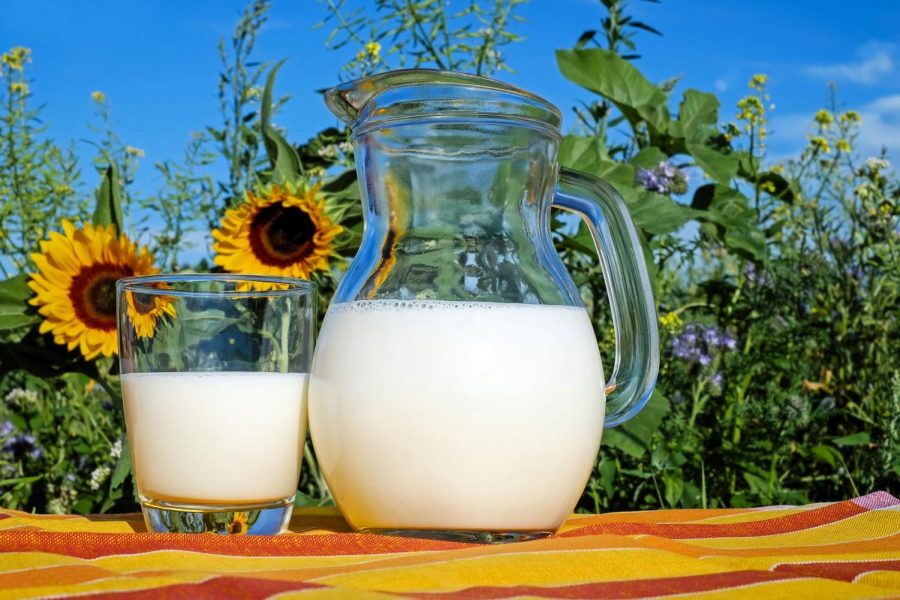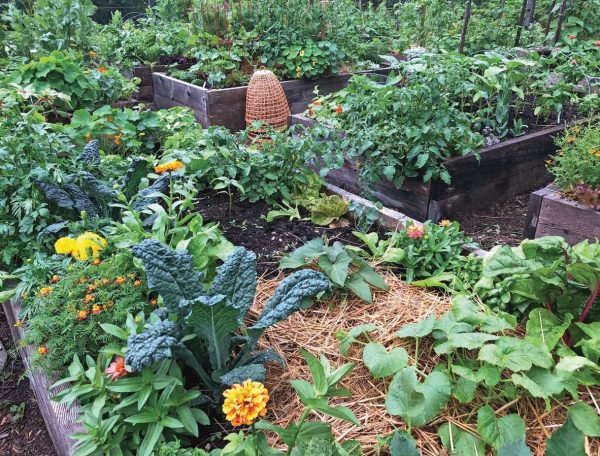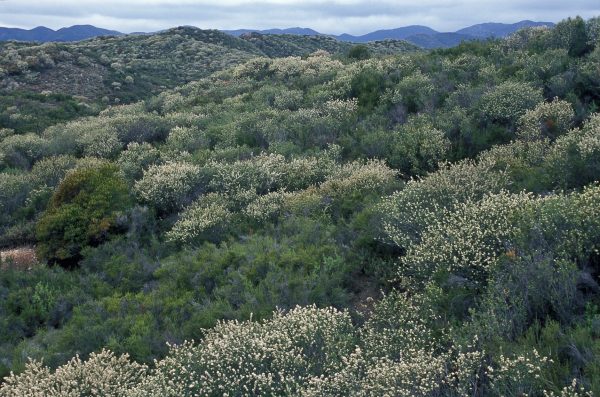Plant-Based Milk or Cow Milk?
From birth, the first thing all mammals consume is milk; it provides nutrients and minerals needed for growth into the next stages of life. But as humans evolve into adults, we are trained to ingest the proclaimed benefits of dairy products. In school, cow milk is given to kids every day and has been advocated as the best option for the necessary development of our bodies. Advertisements on TV like ‘Got Milk?’ branded celebrities, bodybuilders, and other public figures to encourage the consumption of milk to children.
But with our suffering planet, it raises the question of what kind of milk is not only best for humans but for the environment as well?
The controversy between plant milk and cow milk remains an ongoing debate. However, many consumers are switching their dairy products out for plant-based alternatives. Not only are they doing it for their own preferences, but also to lessen their carbon footprint. Both sides of the question administer a combination of pros and cons, so let’s break it down.
First off: cow milk. The main benefit it produces is the tons of nutrients it caters to humans. An article from Harvard Medical School specifies the perks of intaking this dairy product.
“Cow’s milk is a good dietary source of necessary vitamins and minerals. A serving of cow’s milk contains calcium, vitamin D, vitamin A, and a host of micronutrients that you need in your diet.” The list of advantages that cow milk contributes to is impressive, but like most things there are downsides to it.
Harvard Medical School goes on to enlighten consumers by saying that, “In the past, experts recommended eating dairy products to build bones and prevent fractures. . .It turns out there’s not very strong evidence that drinking a lot of milk or eating dairy products has a real benefit when it comes to reducing facture risk.”
The same findings add that “higher dairy intake has been associated with a lower risk of colon cancer, some studies have linked it with a higher risk of advanced prostate cancer and a higher incidence of ovarian cancer.”
Dairy milk has also been proven to cause detrimental effects on our planet. An article from The Guardian by Annette McGivney finds that “A 2018 study by researchers at the University of Oxford showed that producing a glass of dairy milk results in almost three times more greenhouse gas emissions than any plant-based milk and it consumes nine times more land than any of the milk alternatives.”
Moving on: plant-based milk. Interestingly enough, humans are primarily the only species that indulge in the luxuries of different kinds of milk. Alternatives that are derived from the earth have recently gained a lot of popularity over the past few years; walking into a grocery store, plant milk dominates the refrigerated shelves with its extensive variety like soy milk, almond milk, oat milk, rice milk and so much more.
Tabitha Whiting, a writer at Medium informs readers that, “A cup of coffee made with cow’s milk has produced around 53g of carbon dioxide equivalent (CO2e). . .Studies estimate that switching to non-dairy milk will roughly half the emissions of that food item, so by swapping dairy milk for non-dairy that cup of coffee’s footprint reduces to around 26.5g CO2e.”
Sanae Ferreira, a writer for the American Society for Nutrition reviews the benefits of different kinds of non-dairy milks:
“Plant-based milks offer an added benefit for the home chefs in the room. You can make nut milks yourself at home using milk, nuts, water, salt, a blender, jar, cheesecloth, and time – no farm animals required.”
Although there are some drawbacks to using products grown from the earth, Ferreira goes on to explain “Almonds require irrigation, exerting tremendous pressure on water resources. Rice emits the most greenhouse gases from the methane that bacteria create in flooded rice paddys.”
While non-dairy alternatives are not perfect, statistically speaking, they do perform better when concerning a person’s individual health as well as wellbeing of the earth.
With our worsening climate, it’s important that as inhabitants of the only planet we have to call home, that we minimize our intake of animal products and do better for our environment as a whole. That change must begin somewhere and ditching dairy may be a good place to start.
Your donation will support the student journalists of Canyon High School. Your contribution will allow us to pay for our print issue magazine, website, and equipment costs.






